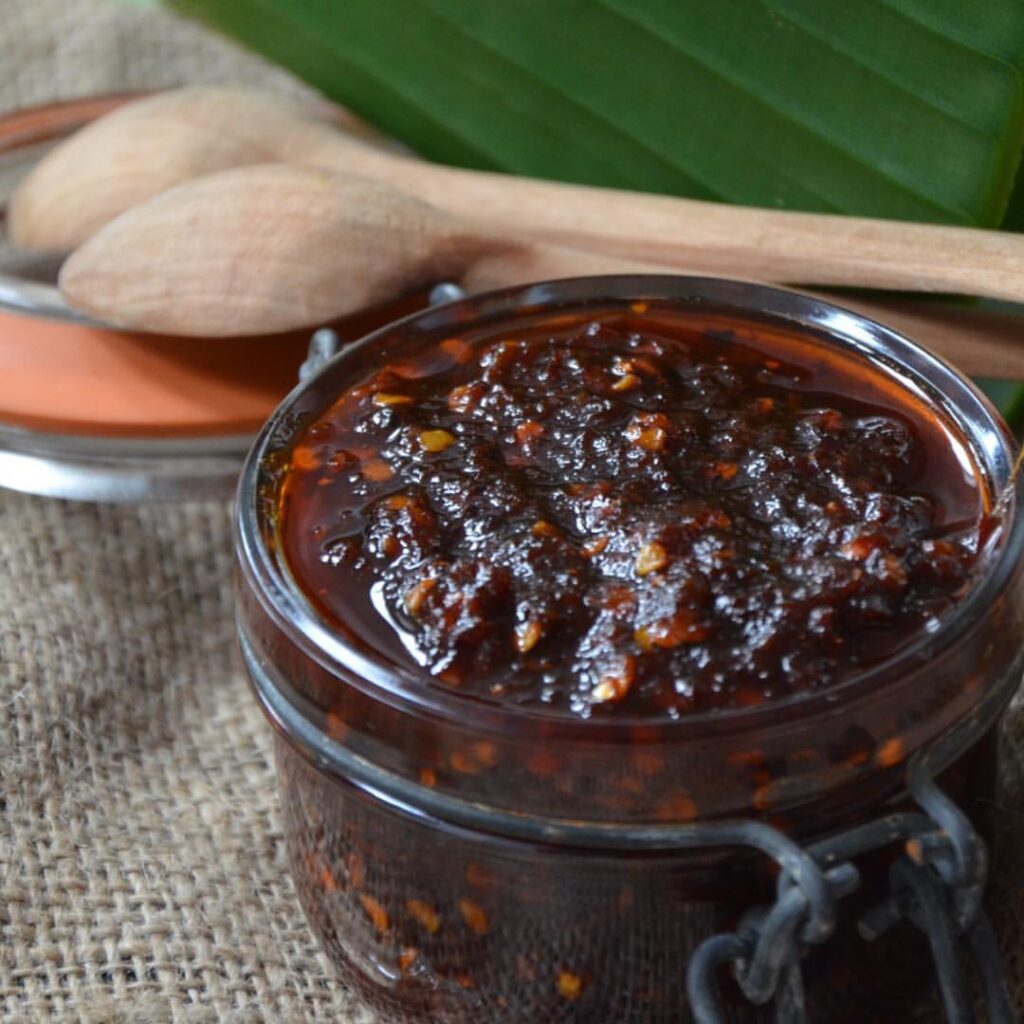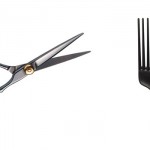
Shito, pronounced shi-tor, is a delicious Ghanaian hot pepper sauce that can be eaten with almost everything from banku, kenkey and rice to spaghetti. If you’re all about the quick dinner recipes, this sauce could be your lifesaver. How?
Make enough quantity to last you a month and it can be frozen and eaten anytime you need to add some mouthwatering sauce to a simple meal. And you can make it healthy too!
Ingredients:
10 Medium onions
1 Cup Hot dried chilli pepper (ground)
2.5 Cups Hot dried black pepper (ground)
1 Cup freshly ground garlic
3 Cups freshly ground ginger
¾ Cup tomato paste
¾ Cup salt
1.5 Liters canola or sunflower oil
4 Cups ground dried shrimps
4 Cups ground dried crayfish (optional)
300g Fresh shrimps or boneless meat
Preparation:
- Blend the ginger and garlic together
- Blend onions and place in a separate bowl
- Remove shells from the shrimps and cut them into small pieces.
- Season the shrimps or meat with some of the blended ginger and garlic. Add salt.
- Heat the oil in a large pot under medium/high heat and fry the seasoned shrimps/meat until crisp. Remove from the pot.
- Pour the onions into the hot oil and allow to cook for 30 minutes. Add the ginger and garlic, and then after 15 minutes add the tomato paste. Cook for another 30 minutes.
- Stir often and allow the sauce to brown and the oil to settle on top.
- Add the red and black pepper and stir.
- After 10 minutes, add the crayfish and allow to cook for 5 minutes, then add the dried shrimps and cook for an additional 10 minutes.
- Pour the fried shrimps or meat into the sauce,
- Allow to cool and then serve.
Now that you’ve made it
Shito can be eaten with plain or jollof rice, fried or boiled yam, potatoes (fried or boiled), banku, kenkey or pasta. If eating with pasta or rice, include steamed or stir fry vegetables.
Note that it’s important to use enough oil to prevent the sauce from burning, however, we recommend not using too much so that it settles on top of the sauce when cooking is done. If this happens, scoop the oil and use it to make another dish that requires oil.
Happy eating!







